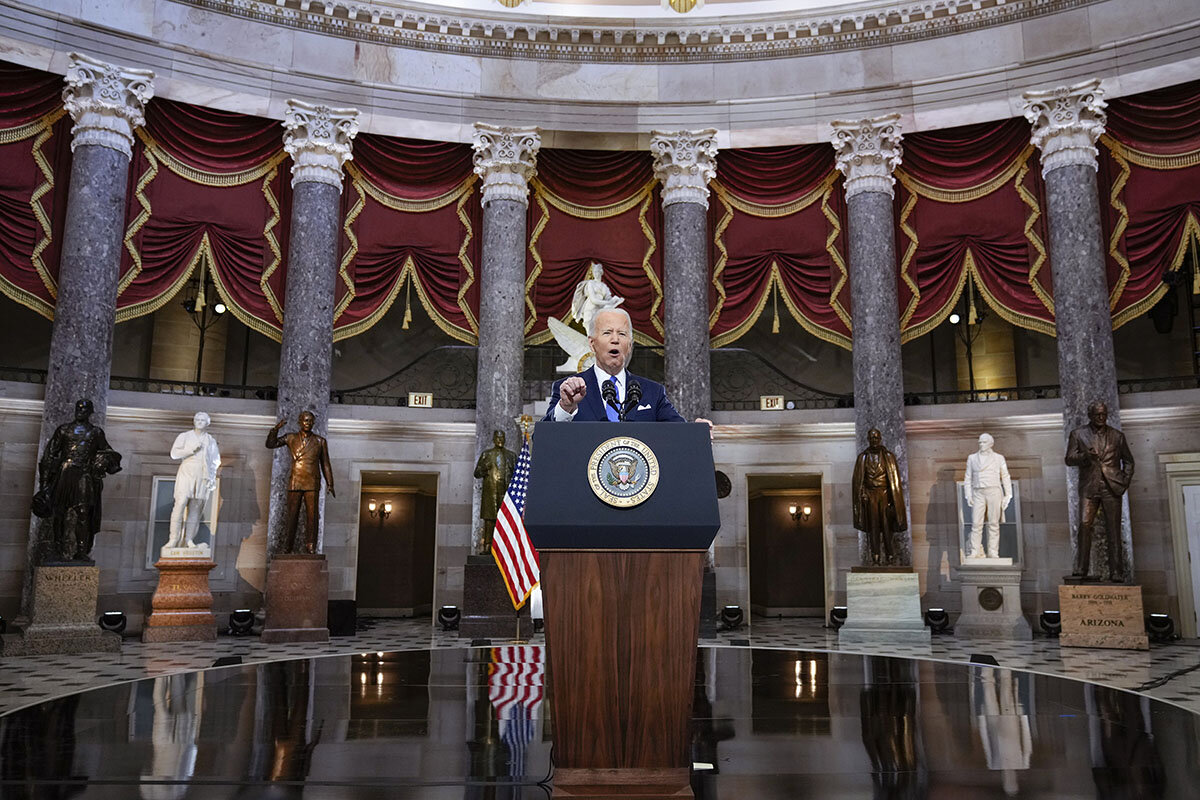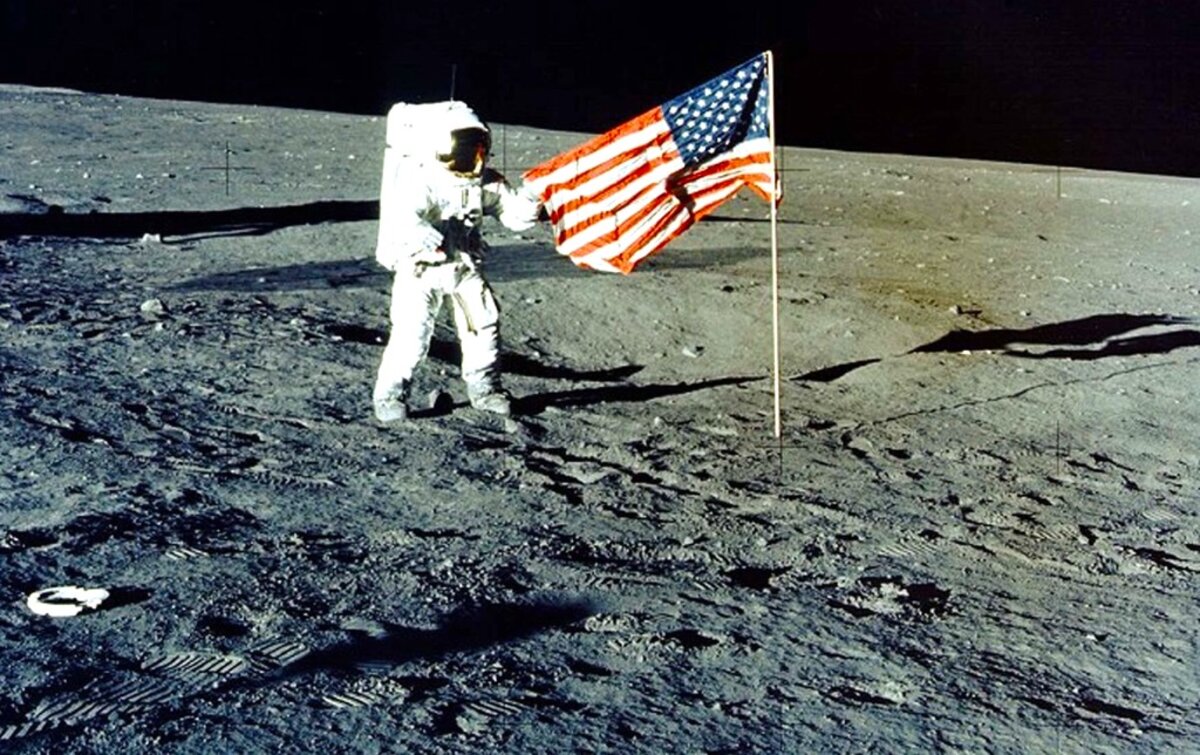In the year since Jan. 6, Americans have wrestled with what it means for the nation. The different views are key to understanding where America may be heading and how it can move forward.
Monitor Daily Podcast
- Follow us:
- Apple Podcasts
- Spotify
- RSS Feed
- Download
 Mark Sappenfield
Mark Sappenfield
In the United States, Jan. 6 has become a title as much as a date. It conjures up images of one of the most tumultuous days in American history. In today’s issue, Christa Case Bryant and Story Hinckley explore what that day means to different Americans.
But it means something personal to Christa, too. That was her first week as our new congressional correspondent, and rioters came within a flight of stairs of the press gallery where she initially sheltered. But the message she took from that day was not one of fear or anger. It was a deeper sense of purpose. “Some people might have thought it would make me regret my decision to take this job, but actually it underscored the vital importance of fair journalism at this moment in America,” says Christa.
The media has incredible power to shape national thoughts and narratives. It’s one reason Mary Baker Eddy founded the Monitor “to injure no man, but to bless all mankind.” Is that possible in a country that seems so divided?
Christa first started grappling with this question of fairness while posted in Jerusalem from 2012 to 2015. It begins with striving to avoid overly simplistic narratives and caricatures, she says. “I’ve found it’s a lot harder to do when you’re reporting on your own country.”
What has come into even sharper relief in the past year is the need for “an additional measure of self-knowledge, humility, and love,” she adds. Honing those qualities starts within the newsroom, though it holds larger lessons. Increasingly, Christa says, when an editor says something in a story draft feels out of balance, “I’m grateful for that. Together, we make the story stronger.”











